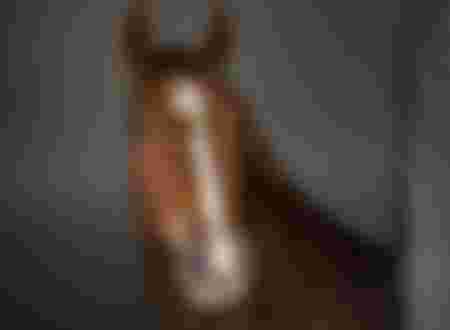Horse racing in the United States is a nearly $4 billion industry. But horses can't race their entire lives; instead, they are retired at some point and can go on to different activities, such as a second career in another athletic field like show jumping or as a pleasure horse.
https://read.cash/r/Ts4813476
The question of what happens to racehorses after they retire doesn’t always garner as much attention as what crazy hats spectators wore at the Kentucky Derby or what the payout for first place was in a major race. But many Thoroughbreds retire with more than half of their life ahead of them, and once they’re no longer turning a profit on the track, their future can become murky.
Where a retired racehorse ends up depends on many things, including their success on the track and the considerations of their owners. Here are a few of the various options for retired racehorses.

https://read.cash/r/Ts4813476
Breeding Farms
Retired female Thoroughbreds may have a second career as broodmares on breeding farms. Very successful un-castrated male Thoroughbreds may retire on “stud farms”. Breeders pay a high premium for top-tier Thoroughbreds in order to pass on desirable genetics. For example, I’ll Have Another, a horse who won both the Kentucky Derby and Preakness in his racing days, netted $2.7 million for his owner on the racetrack—and $10 million from a Japanese breeder who wanted to use him as a stud.
Other Sports
Some horses who have been retired from racing are shifted over to other sports, such as dressage or show jumping.
New Vocations, the largest racehorse adoption program in the country, often helps facilitate these transitions. The organization helps unwanted, retired racehorses find their happily ever after—retraining and adopting out horses to people who intend to keep them for the remainder of their days. Since 1992, New Vocations has helped place more than 6,000 retired racehorses into qualified homes.
Rescue and Safe Retirement
There are many organizations across the country that have dedicated themselves to rescuing and adopting out racehorses. Sometimes, like with New Vocations, that means retraining for other events and adoption to experienced owners. Other times, it means retirement on a sanctuary farm.
How You Can Help
All racehorses deserve the chance at a happy retirement. If you would like to support the work of those who care for former racehorses, consider making a donation to one of the following organizations:
New Vocations
Canter USA
Second Stride
Thoroughbred Retirement Foundation
Retired Racehorse Project.

Editor:Tariq shahzad (zoologist)

